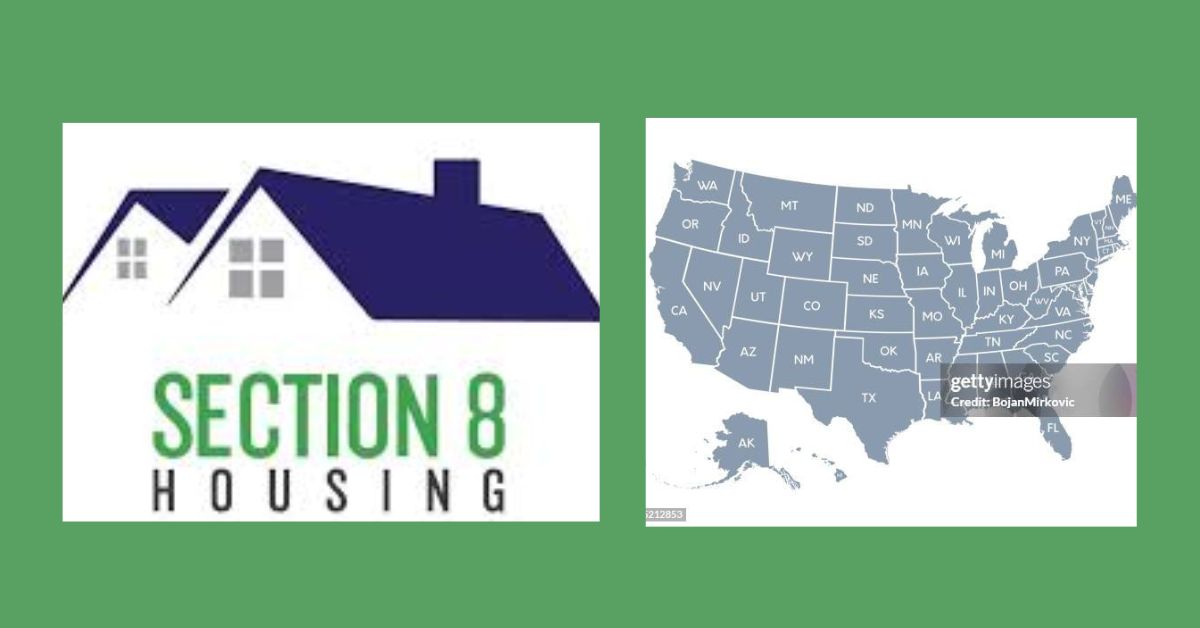Retiring comfortably means having your savings last for the long haul—so where you choose to live matters more than you might think. Beyond the climate or lifestyle, the tax environment in a state plays a major role in your retirement budget. Every dollar you keep counts once you stop earning a regular paycheck.
State taxes affect everything from your retirement income to the property you own and the purchases you make daily. Some states support retirees with lower taxes or special exemptions, while others quietly add hidden costs that drain your savings. Understanding how income, property, and sales taxes work across different states is essential before you make a move.
In this article, you’ll learn how various taxes affect retirement income, what makes a state tax-friendly, and which states help your savings go further. By the end, you’ll be ready to evaluate where to live for a more secure and affordable retirement.
How Taxes Shape Retirement Budgets
When you retire, your income often shifts from wages to fixed sources such as pensions, Social Security, or withdrawals from savings accounts. State taxes can either help stretch that income or reduce it, depending on how they are structured.
Income Taxes on Retirement Income
Withdrawals from retirement accounts like IRAs, 401(k)s, and pensions are often treated as taxable income. Some states tax these withdrawals at full rates, while others partially or fully exempt them. Many states also provide special tax breaks for teachers, military veterans, or public employees.
Living in a state with no income tax helps your savings last longer, while staying in a high-tax state could reduce your yearly spending and long-term comfort.
Social Security and Retirement Benefits
Some states still tax Social Security benefits, while others have eliminated or are phasing them out. Even a small state-level tax can reduce your monthly benefit. In the coming years, more states are expected to end taxation on Social Security entirely, offering relief to retirees.
Before relocating, check whether your Social Security and other retirement benefits are taxed to avoid unexpected deductions.
Property and Sales Taxes
Property and sales taxes also play a large role in determining affordability. High property taxes can be difficult for retirees living on a fixed income, while sales taxes affect daily costs such as groceries and household items.
Some states help ease these expenses through property tax freezes, senior exemptions, or credits. Others keep property taxes moderate and sales taxes low to balance overall costs. The goal is to find a state where both are manageable.
What to Look for Before You Relocate
Choosing a retirement destination isn’t only about moving to a state with “no income tax.” You need to look at the complete financial picture.
- Residency and income-tax rules: Check which types of income are taxed or exempt, including pensions, withdrawals, and Social Security.
- Property tax relief: Find out if the state offers tax freezes, exemptions, or credits for homeowners aged 65 or older.
- Sales tax and cost of living: States with no income tax sometimes make up for it through higher sales or property taxes.
- Healthcare and living costs: Low taxes mean little if healthcare, housing, and food are expensive.
- Estate and inheritance taxes: These taxes can reduce how much wealth is passed to your heirs.
- Lifestyle and family priorities: Consider climate, proximity to family, healthcare access, and overall comfort.
Tax-Friendly States for Retirees
Some states stand out for their favorable tax treatment, offering retirees more freedom to use their savings.
1. Mississippi
Mississippi exempts most retirement income, including pensions and Social Security. It also offers low property taxes and no inheritance tax, making it a top choice for retirees on fixed incomes.
2. Tennessee
Tennessee has no state income tax on wages or retirement income. Although sales taxes are higher, retirees often save more overall thanks to the absence of income tax.
3. Pennsylvania
Pennsylvania doesn’t tax most retirement income, including Social Security and pensions. Its flat income tax rate also helps retirees maintain predictable expenses.
4. Florida
Florida remains a classic retirement destination. There’s no state income tax, and retirees benefit from tax exemptions on pensions and Social Security. Property taxes vary by county but can be reduced through senior exemptions.
5. South Dakota
South Dakota offers no state income tax, low property taxes, and a below-average cost of living. It’s ideal for retirees seeking simplicity and long-term financial comfort.
States That Tend to Be Less Tax-Friendly
Not every state is kind to retirees’ finances. Some combine high income, property, and sales taxes with high living costs, putting more pressure on savings.
- States with high income tax rates on pensions and retirement withdrawals reduce disposable income.
- Areas with rising property taxes or expensive housing offset potential income-tax savings.
- High sales taxes increase daily expenses, especially on essentials.
- States with both high taxes and high living costs, such as California, New York, and New Jersey, make it difficult to stretch retirement income.
- Some also have estate or inheritance taxes, affecting retirees who plan to transfer assets to family.
If your goal is to protect savings and maintain a steady lifestyle, moving to a more balanced tax environment can significantly improve financial comfort.
Making the Best Move
Relocating for retirement is both a financial and personal decision. Taking time to evaluate all factors ensures you make a move that truly benefits your future.
Run the Numbers
Estimate your annual retirement income and apply each state’s tax structure to see what you’ll actually keep. Include property, sales, and healthcare costs for a complete financial picture.
Consider Moving Costs
Relocating itself can be expensive. Between real estate fees, travel, and setup costs, the move should bring long-term financial gain that outweighs short-term expenses.
Consult a Financial or Tax Advisor
Tax laws change frequently. A financial professional can help you choose the most tax-efficient state and confirm that you meet residency requirements for benefits.
Balance Lifestyle and Finances
Remember, retirement isn’t only about money. The best state is one where you’re financially stable, close to loved ones, and comfortable with your surroundings.







